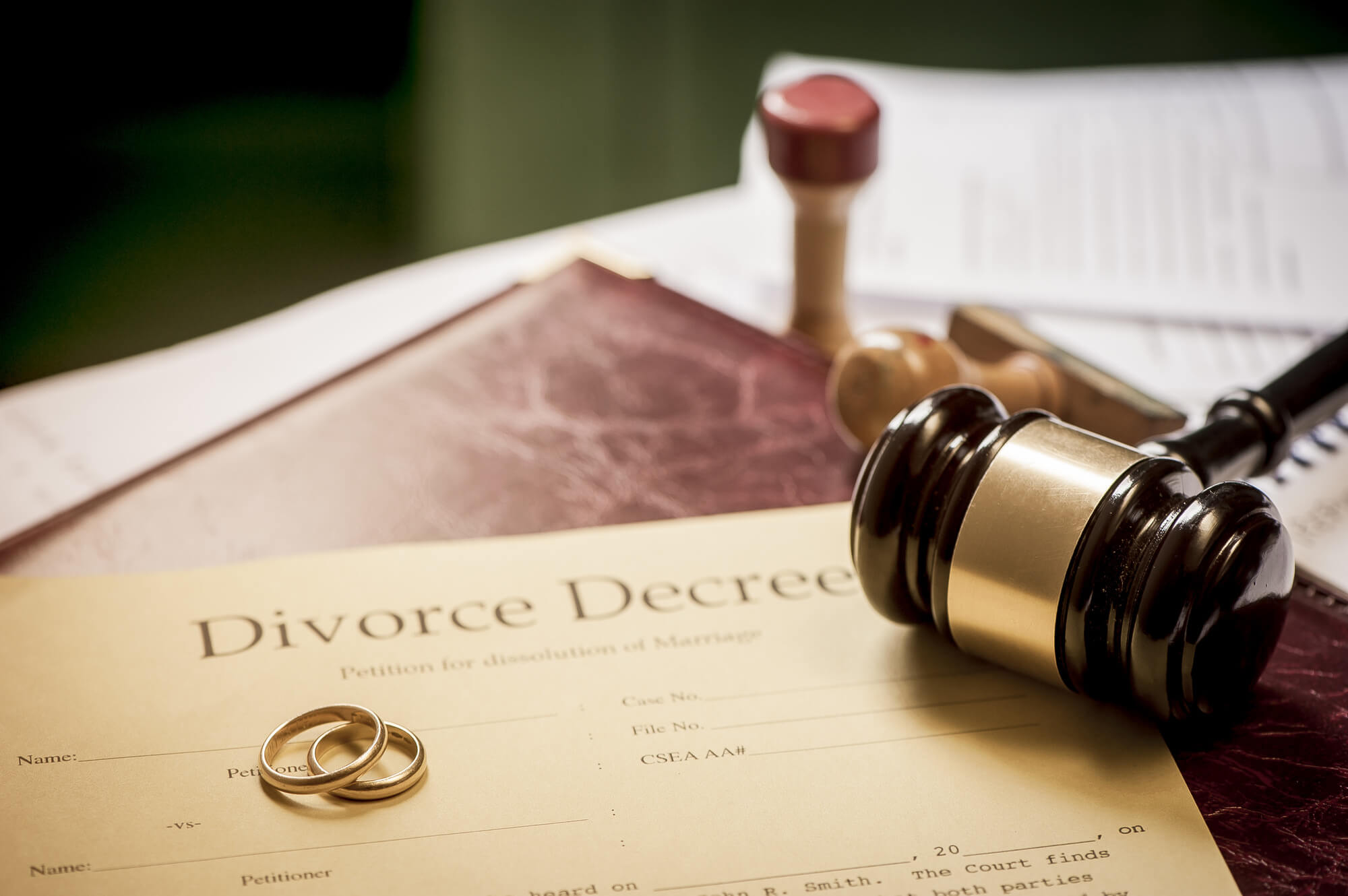Divorce is complicated, and if yours is contentious or your divorcing spouse is behaving badly, is hiding assets, is attempting to manipulate the children, or is doing anything else that should come to light in your case, you may be looking for a way to demonstrate exactly what is going on. You probably have your suspicions in the matter – or may even be well aware of your spouse’s antics – but have no clear way to prove your point. Many spouses turn to what we think of as snooping to find their proof. Sometimes, this is a good idea that can work in your favor, and other times, it is illegal to do so. Knowing the difference is key.
Can I Record My Spouse on the Phone without His or Her Knowledge?
Texas is a one-party consent state, and this means that it is legal to record a phone call as long as at least one person on the call knows it is being recorded. While this means that you can legally record a call between you and your spouse (even if he or she does not know about the recording) if you are both in the State of Texas, it is illegal to do so if either one of you is in a dual party consent state, such as California.
If I Believe My Spouse Is Manipulating the Kids, Can I Record Their Phone Conversations?
If neither your child nor your spouse know that you are recording their conversation, it technically violates federal and state laws related to wiretapping. On the other hand, a parent generally has the right to consent on behalf of his or her minor child. As such, this is a somewhat gray area. While the judge is unlikely to approve of such a recording, there are instances on record when such recordings have been allowed into evidence.
Can I Make a Video Recording of My Spouse?
You can make a video recording of your spouse, but this does not apply if the video recording you are making is of him or her having a phone conversation in which neither party knows you are doing so.
What about My Spouse’s Mail and Email?
Once you have filed for a divorce in Texas, the judge generally attaches a Standing Order that prohibits either party from opening or reading the other party's mail and from accessing the other party's email. Once you have filed for divorce, these sources are generally off-limits.







